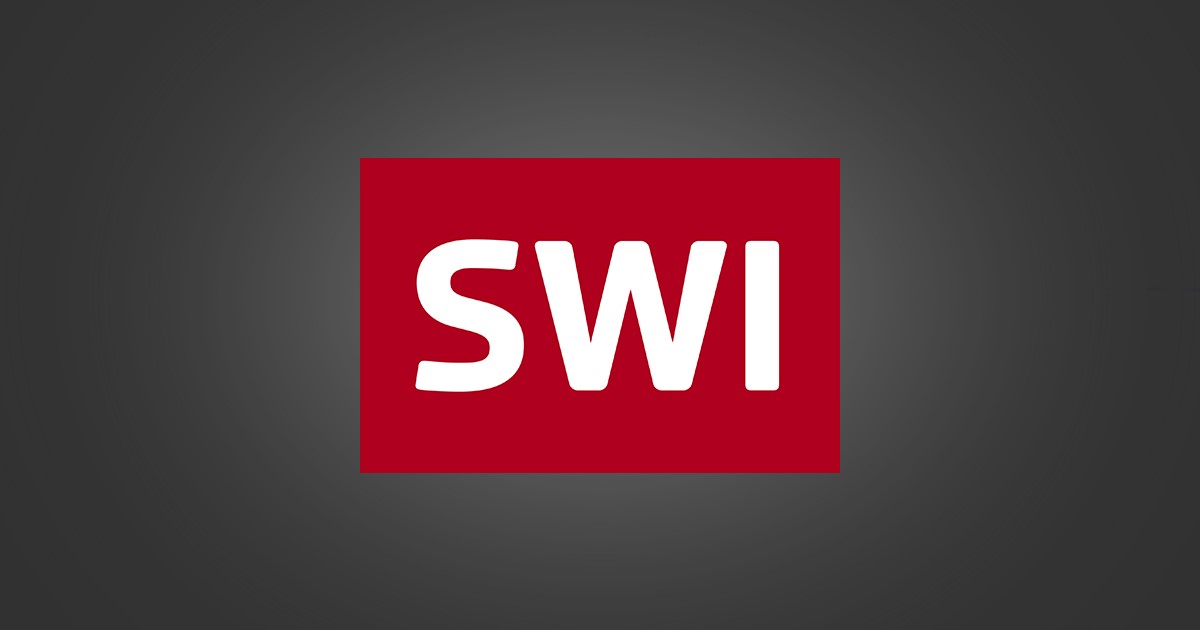Morocco bans the movie Our Lady of Heaven for depicting Mohamed

Rabat, June 11 (EFE) – The Moroccan Film Center (CCM) today banned the screening of the controversial British film “Our Lady of Heaven” of his face on the Prophet Muhammad, a visual depiction prohibited by Islam.
In a statement, CCM indicated that it would not grant a mandate and would “ban the commercial or cultural display on national soil” of the film, which was directed by a collective under the pseudonym “Eli King” and with a screenplay by the radical Kuwaiti cleric. From the Shiite sect called Yasser Al-Habib.
The center indicated that it took the decision after the position of the Supreme Council of Scholars, headed by King Mohammed VI in his capacity as Commander of the Faithful, who “strongly” condemned the content of the film in a previous statement.
“The competent authorities in Morocco have the habit of licensing cinematic, audio-visual works, whether they are shown or filmed in the national territory” in full compliance with the legislative and regulatory texts that govern the cinema sector in Morocco, when they do not conflict with the law. “The kingdom’s enduring and sacred principles,” the MCC statement said.
For its part, the Supreme Council of Scholars asked the authorities in a previous statement to take “all necessary measures” against the film, which it considered “contrary to the inalienable principles of the Kingdom of Morocco established by the constitution.”
The Supreme Council of Scholars, the North African country’s highest religious body, noted that the film was “a blatant falsification of facts, it contains acts of hate that can in no way be accepted by Muslims as an embodiment of the Prophet.” Denounce.
The council denounced “the film dared with hateful prejudice to use the character of Fatima al-Zahra (daughter of Muhammad) … for purposes that contradict the spirit of religion, reality and history,” adding that the film contributes to “false allegations.” When the movie referred to him.
The council also condemned the “slander” contained in the film against religious figures around the Prophet.
The film, which was released on June 3, has already been banned in Iran, Pakistan and Egypt, and there were protests against the film in London, after which it was pulled from CineWorld, one of the country’s largest exhibitors. EFE
fzb / mmg
EFE 2022. Redistribution and redistribution of all or part of the contents of the EFE Services, without the prior and express consent of Agencia EFE SA, is expressly prohibited.

“Professional problem solver. Subtly charming bacon buff. Gamer. Avid alcohol nerd. Music trailblazer.”




:quality(75)/cloudfront-us-east-1.images.arcpublishing.com/elcomercio/6NEH6FMKYBCU7JJWZ5GVRZKTRM.jpg)
/thumbs.vodgc.net/1-14-FnXFWZ1684253239488_1080P.jpg)



